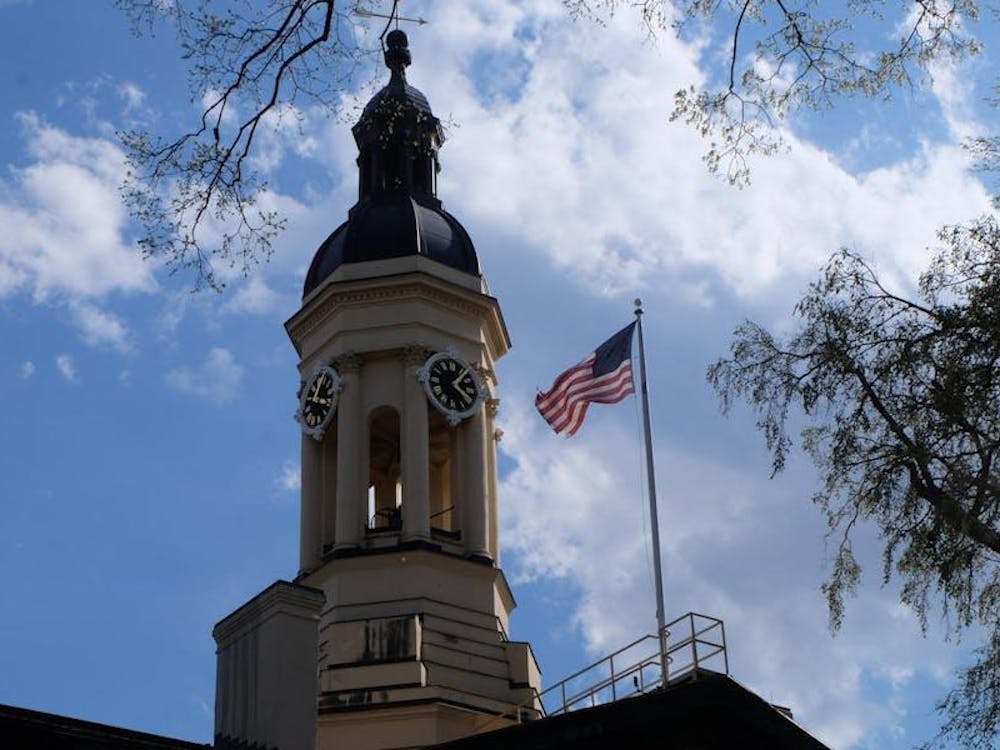Developing regions across the world — including parts of Asia, Africa, South America and Eastern Europe — have seen a steady increase in the number of private colleges in the past two decades.
But compared to those in the United States, these institutions are typically new and experimental, often having to offer courses in non-traditional yet popular subjects to attract the best students — who would otherwise opt for more established national universities.
The surging demand for a college education all over the globe, however, continues to encourage more private colleges to form. The demand is so high that it is projected that nationally-funded institutions would have to expand more than 40 percent to accommodate the number of students desiring higher education. Private colleges — some receiving government support and others run for profit — seek to fill this demand. The trend has met with much discussion in education circles. One perspective is that private colleges are beneficial because they are more economically efficient.
"Developing countries should not spend for university education," economics professor Elizabeth Bogan said. "The social rate of return is vastly higher to get everyone through a good high school education and that is where the states' money should go."
Bogan explained that public education in most developing nations "is a windfall to the rich."
"In fact, even in advanced countries there is some question concerning free or low tuition universities as in France and Great Britain, where most of the students who benefit come from above average income households," she said.
Latin-American studies professor Peter Johnson agreed. "Often [universities] are the place that the middle and upper classes, as well as some of the elite, attend," he said. "This is because the entire tax system is biased to enable a huge subsidy for these classes. My sense is that unless each country improves its commitment to equity and merit for education starting at the elementary levels, then Latin America will not be a center of significance for innovation and creativity that is so highly valued in today's economy."
Education in the United States, Bogan noted, "is more efficient and more equitable for advanced countries. We have [private schools] and we have state-subsidized schools," she said. "Even in advanced economies it might be more efficient and equitable to have all private universities with extensive scholarships based on need and funded by the government. Private higher education allows for more diverse curricula and the possibility of entry of new schools when they can perceive a demand for new types of education."

But some academics see the world-wide spread of private colleges as just another export of American culture.
"[It's] a world-wide trend spearheaded, as usual, by the United States," economics professor Uwe Reinhardt said. "Part of the movement reflects a loss of faith in government to do anything efficiently. But the second reason is that the well-to-do wish to structure for themselves human services at a level of luxury that they are not willing to afford the poor: hence the move to a two-tiered or multiple-tiered world."
According to Reinhardt, private universities in the United States were the creation of the affluent class, not a product of the drive for more efficient institutions for students of all socio-economic backgrounds. "It was purely a class phenomenon," he said. "Now it is still that, but also [with] huge budgets per student that allow [private colleges] to attract excellent faculty.

"[Princeton] is still a school for the upper-half of the income distribution, but because of its wealth it finds it in its soul — but also finds it good for its reputation — to finance bright poor kids," Reinhardt noted. "Thus, it is a mutually beneficial deal."
The ability of private schools to attract better faculty is what enables institutions like Koc and Sabanci in Turkey to prosper. Turkish conglomerate owners created the two schools in order to provide viable education in English.
As Near Eastern studies professor Norman Itzkowitz explained, they have been able to attract some of Turkey's best students. In addition, Koc and Sabanci have drawn world-class faculty, with salaries paid in the more stable U.S. dollar and matching those offered by American institutions.
But Itzkowitz added that even though these private institutions are heavily funded, schools in the United States have an incredible advantage over them in resources. With sky-high endowments — totaling more than $8.5 billion at Princeton — they can more easily afford expensive lab, technology and library equipment.
The next few years — when graduates of the new colleges enter the job market — will tell if the global rise in private colleges will prove to be a viable and beneficial trend.







